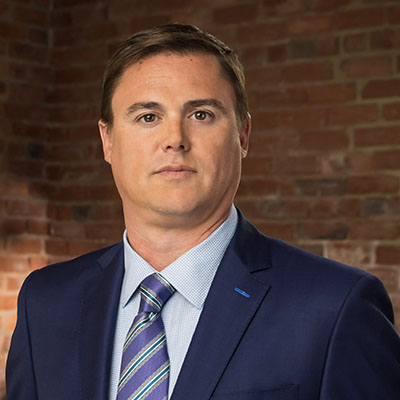In Virginia, the person, company, or other organization at fault for causing an accident is financially responsible for certain damages that may result, including:
- any bodily injuries that the injured person sustains,
- any physical pain and mental anguish that the injured person suffers in the past or future,
- any disfigurement (such as scarring) and any related humiliation and embarrassment,
- any inconvenience caused in the past or likely to occur in the future,
- any medical bills incurred in the past or likely to occur in the future,
- any lost wages in the past or likely to occur in the future,
- any loss of the capacity to earn a living, and
- any damage to property.[1]
But what does it mean to be “at fault” for causing an accident?
In Virginia, negligence is defined as the failure to use ordinary care. Ordinary care is the care a reasonable person would have used under similar circumstances. In other words, if the actions of a person or organization are unreasonable, then the actions likely amount to negligence. If that negligence causes another person to suffer injuries or damages, then the responsible party may be required to compensate the injured person.
Sometimes negligence is defined by specific statutes or laws. If Driver A follows Driver B too closely and crashes into the back of Driver B‘s car, then Driver A is negligent. The law in Virginia states that it is negligent to follow another motorist too closely.
Similarly, under Virginia law, certain real property is required to be built and maintained in accordance with applicable building and maintenance codes. If a dangerous condition on the property violates such a code, then the owner of the property may be considered negligent.
On other occasions, expert testimony may be required. In medical malpractice cases, for example, an expert is often required to testify that the defendant physician violated the “standard of care” in order to establish negligence. Violating the “standard of care” simply means that the defendant physician failed to act as a reasonably prudent physician would have acted under similar circumstances.
Many times, however, no expert or statute is required. A jury is asked to determine whether the defendant’s conduct was reasonable under the circumstances. If the jury finds that the defendant’s conduct was negligent and also finds that the injured person’s damages were caused by the defendant’s negligent actions, then the jury is required to award compensation to the injured person.
This article is only a short summary of accident law in Virginia. If you or someone you know is injured as a result of an accident, contact the attorneys at personal injury law firm of Allen & Allen for a free consultation where your rights under Virginia law can be more thoroughly explained.
About the Author: Jason Konvicka is a partner and trial attorney with Allen & Allen in Richmond, Virginia. During his 20+ year career, he has achieved numerous record-setting jury verdicts and substantial settlements on behalf of his clients. His practice focuses on medical malpractice, bus accidents and product liability personal injury cases. Outside of the courtroom, Jason is involved with the Virginia Trial Lawyers Association and currently serves on its Board of Governors as Vice President.
[1] Form jury instructions are often used by attorneys and judges in courts in Virginia, although attorneys can compose their own if properly supported by Virginia law. The best known collection of jury instructions of law for civil cases in Virginia is the “Virginia Model Jury Instructions – Civil,” published by Michie Publishing Company. These items of damage are taken from “No. 9.000 General Personal Injury and Property Damage Instruction.”




